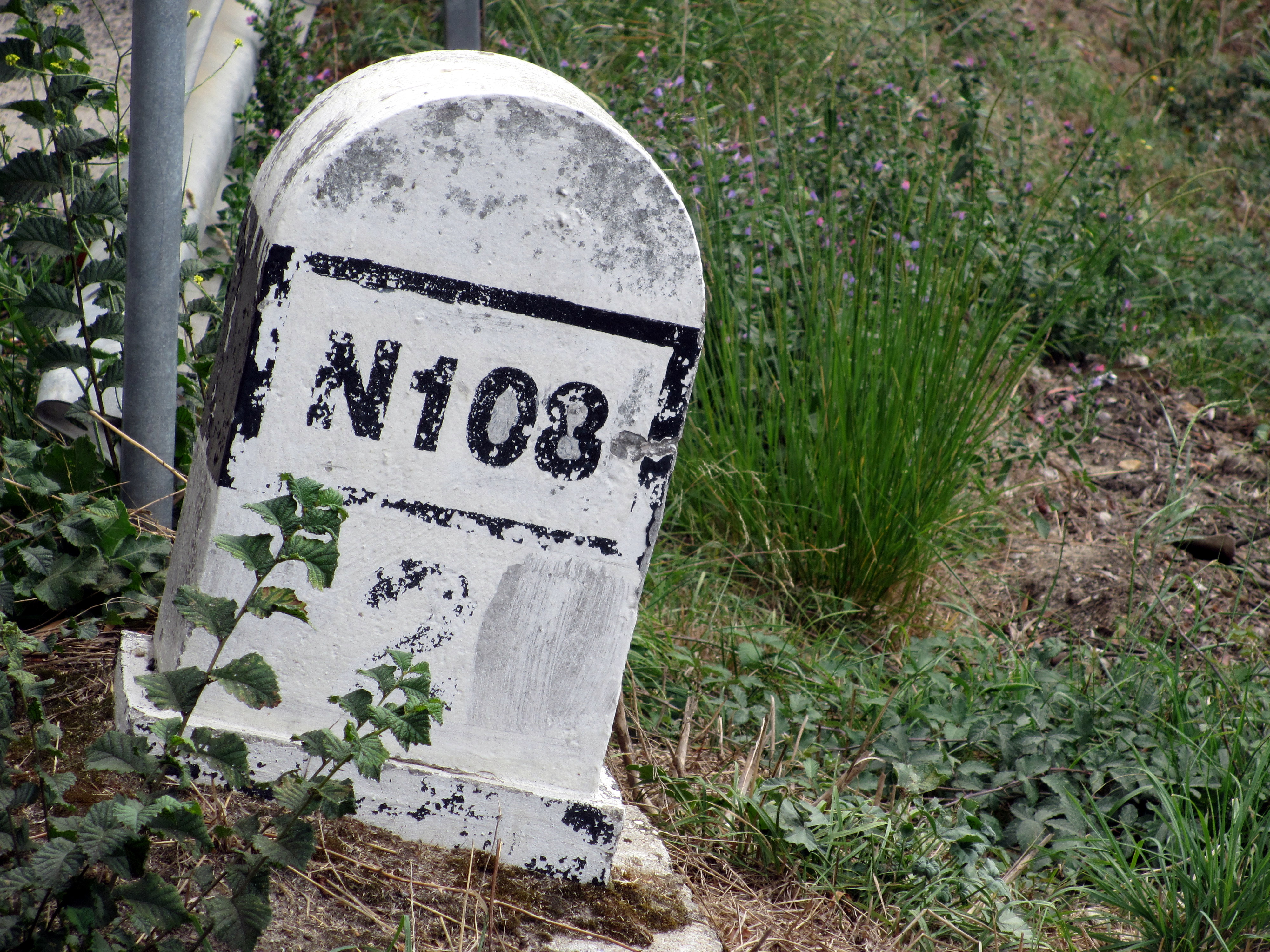If I still consider myself a survivor of a sudden cardiac arrest, have I survived?
There at two fundamental dimensions related to surviving a sudden cardiac arrest: the physical and the emotional. Both are highly intertwined. When we say we have survived a sudden cardiac arrest, we are mostly referring to the former, the physical. We survived the sudden mechanical event of our hearts not pumping, effectively stopping. Today, we are alive with beating hearts. Yet while surviving those circumstances, many of us also have ongoing physical and cognitive challenges because of cerebral hypoxia and the damage it caused to the physical structure of our brains. Some of us are unable to walk unassisted or make complex decisions or return to employment. Others have ongoing cardiac issues from whatever caused the arrest and/or because of it. Finally, there are the emotional consequences of the event and its aftermath, some of which may be due to cerebral hypoxia but most related directly to the trauma surrounding the event itself. Social withdrawal and isolation, loss of confidence, anxiety and depression, anger and shame are just some of the emotional consequences people report. So, for many of us, there is more than one hurdle to jump before we can say we have survived a sudden cardiac arrest. All in all, surviving the event itself seems like a low bar. Yet we call ourselves survivors.
The word “survive” was first observed in the mid-1500s and used in legal documents to signify an heir who had lived beyond the death of the testator (a “testator” is the person who signed the will or held title to the lands and capital being considered for dispersal). The word was derived from the Latin word “supervivere” which means “live beyond” (“super” = “beyond” + “vivere” = “to live”). To survive is to live beyond someone or something.
I was lucky. The cognitive impact of hypoxia appears to have been short-lived, a year or so. I have no physical challenges except those very manageable ones from my medications. And I feel that I have successfully worked through the emotional fallout of the event to the point where I feel good about myself. To the point that I began to wonder if I should continue to call myself a survivor.
I don’t think of myself as a survivor of the parochial school system with its corporal punishment under the ever-watchful eyes of a god or a survivor of an abusive boss and his public humiliation. I lived through those and moved on. If I call myself a survivor of a sudden cardiac arrest, have I really survived? In other words, am I “living beyond the event” if I continue to describe myself in terms of that event? If I identify as a survivor, what am I hanging on to, and why? If I am living beyond the event, what then am I?
Hello, I am Ted.
I used to be a survivor.
There I go again.
It’s a paradox.
